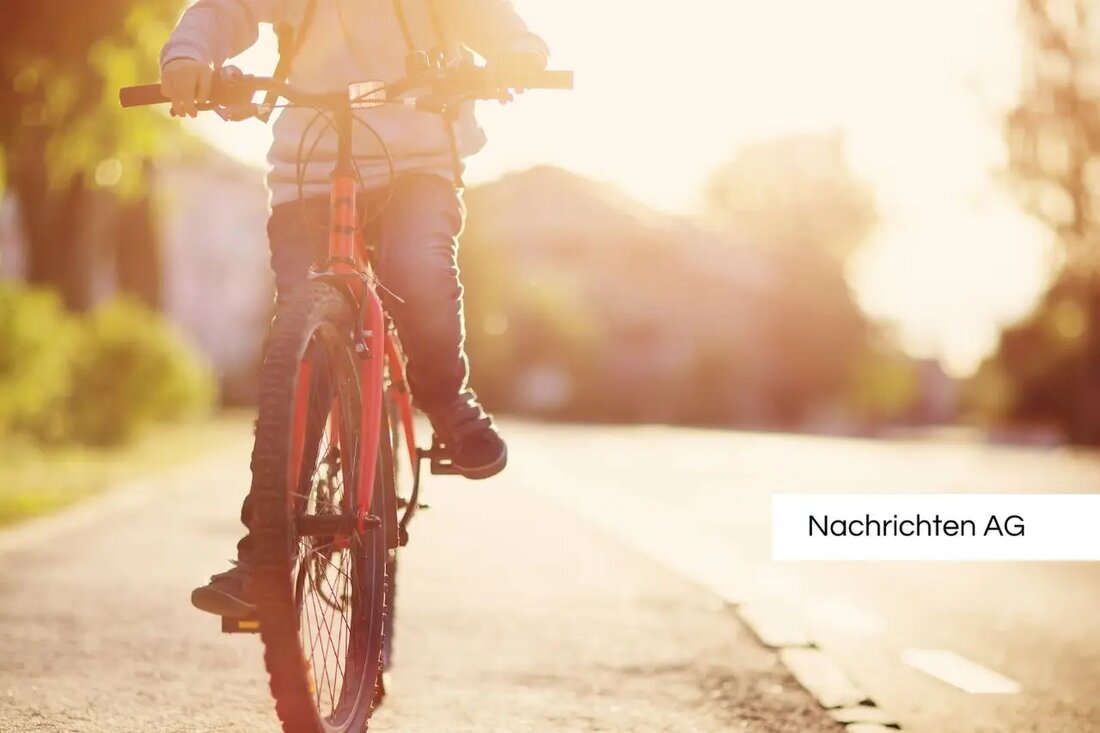Saving living space: Leverkusen families become future heroes!
Saving living space: Leverkusen families become future heroes!
The city of Leverkusen, known for its industrial background, has been significant change in recent years. The landscape that was previously agricultural has changed, which has led to a loss of nature and biodiversity. According to information from ksta.de , about 90 percent of the fruit trees have disappeared on the orchards in the region. In addition, the agricultural area has decreased by almost 50 percent between the 1950s and in 2016.
In response to this change, the NABU nature protection station Leverkusen-Köln initiated the “Landscape hero” project in cooperation with the Rhineland Landscape Association (LVR). This aims to restore valuable cultural landscape elements in order to sustainably promote biodiversity. Families such as the Feldmanns, Haas, Hesel and many others are actively involved in reconstructing and reviving the history of their land areas.
growth of biodiversity
The Initiative has already restored areas, fruit trees, large trees and hedges on over five hectares of land. For example, René Mauckner, a committed member of the Mauckner family, took care of a 250 square meter flower area and twelve fruit trees. Uwe Richrath, the Mayor of Leverkusen, is enthusiastic about the initiative and emphasizes the importance for improving the quality of life and strengthening the city identity.
dr. Hans-Martin Kochanek from NABU describes the project participants as "future heroes" and emphasizes their contribution to the revival of nature. Leverkusen thus gains importance in protecting and restoring cultural landscapes, which is associated with a pronounced feeling of home. The importance of these projects is also made by Prof. Dr. Jürgen Wilhelm from LVR underlined.
exhibition on industrial culture
In Leverkusen, industrial history is also recognized in Leverkusen. Urban development and its entire identity are strongly shaped by industry. The “industrial route Leverkusen” is documented by industrial culture, which gives interesting insights into historical and current objects. This route is divided into partial routes, which can ideally be explored by bike, in particular through the districts of Schlebusch and Manfort as well as along the Rhine in Hitdorf and Monheim. The recommended exhibition locations include the Bayerwerk Leverkusen, the Bayer Park with the coloni museum and the Freudenthaler Sensenhammer. While some of these locations are accessible on Sundays, the Baykomm Info Center is currently closed, but this is not reduced to access to historical images, maps and drawings that are documented in order to keep the industrial culture alive in Leverkusen. In this context, it is also reminded of how the historical changes are taken into account and that an exhibition on the restoration of agricultural components can be seen in the gallery of the Freudenthaler Sensenhammer until April 28th. With these measures and initiatives, Leverkusen shows a strong commitment to the preservation of culture and nature, which benefits both the city and its citizens.| Details | |
|---|---|
| Quellen | |


Kommentare (0)